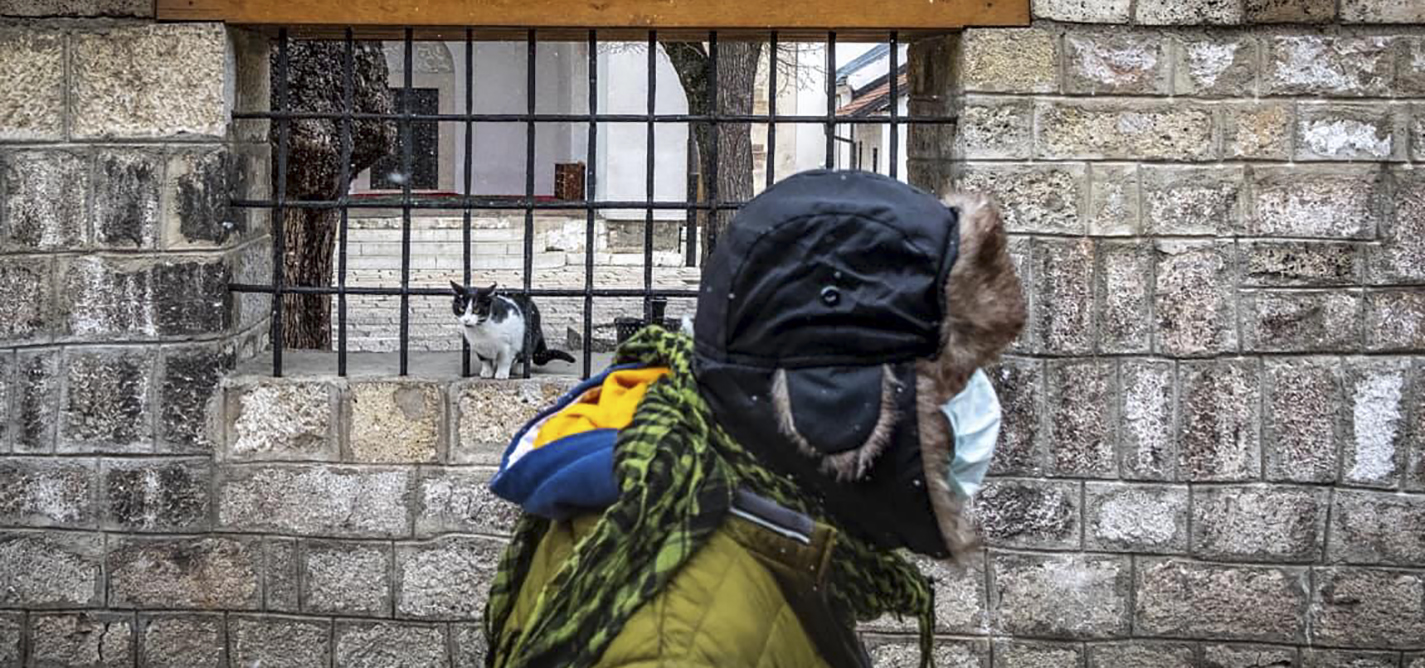
Bosnia and Herzegovina’s COVID-19 response threatens fragile human rights
Array of restrictive measures have left many in fear.
|02.04.2020
|
The main discussion in public life has been led by people from security institutions and politicians.
Neither Dodik nor the other leaders have clarified how armed police can protect anybody in the age of pandemic.
Five people have been questioned and charges sent to the competent prosecutor's office for allegedly inciting panic through social media posts.
"Such measures will serve to stigmatize people exposed to health risks, discouraging others to report their symptoms."
Civil Rights Defenders (March 25)There is an abundance of political self-promotion and politicking.
Our leaders are completely neglecting the recommendations and experiences of other countries.

Nidžara Ahmetašević
Nidžara Ahmetašević was K2.0’s regional editor. Nidžara has a Ph.D in media assistance in post conflict countries from the University of Graz, Austria. Her focus as a journalist is on media development in post-conflict countries, hate speech, human rights, feminism and migrations.
DISCLAIMERThe views of the writer do not necessarily reflect the views of Kosovo 2.0.
This story was originally written in Serbian.